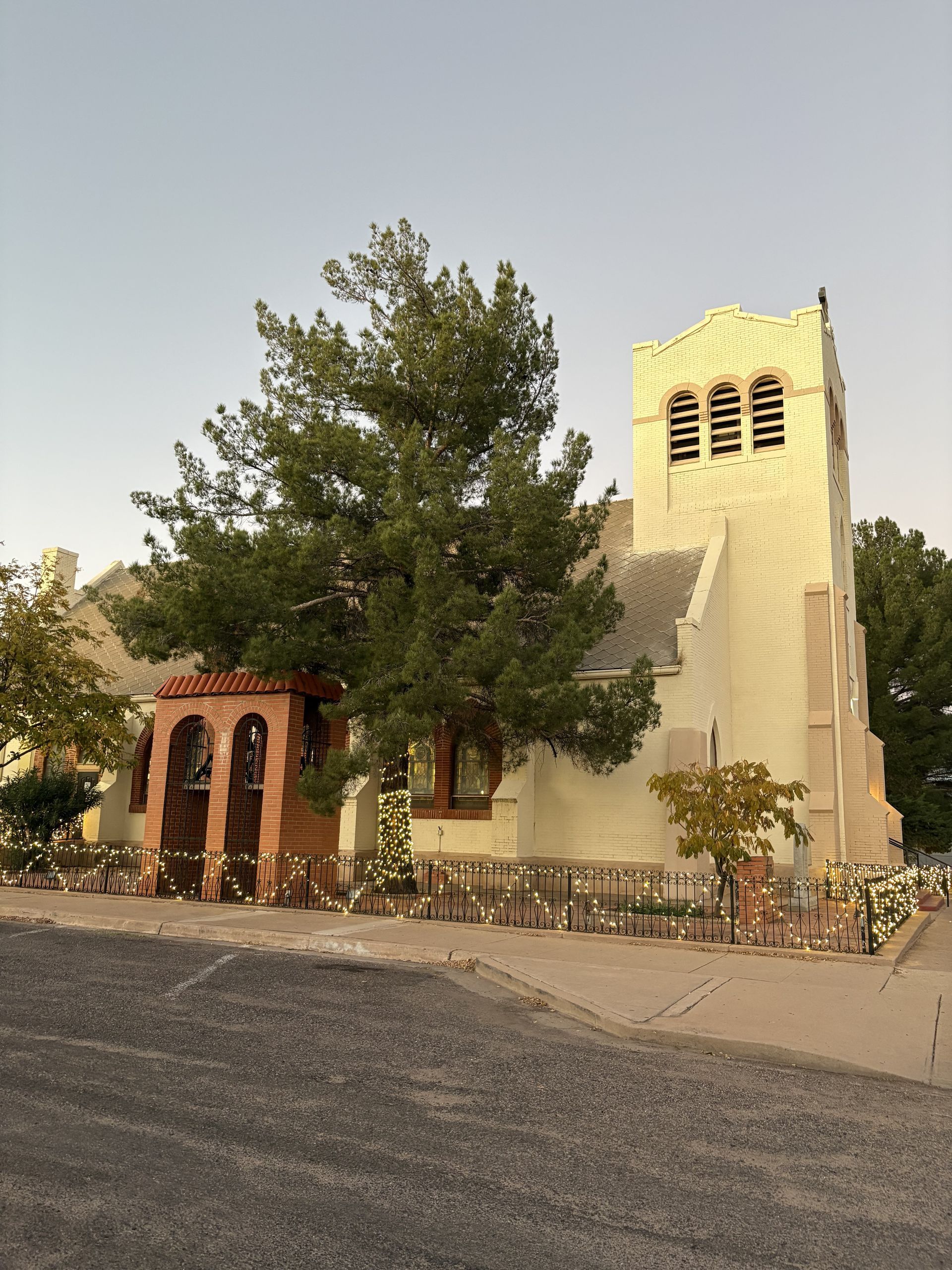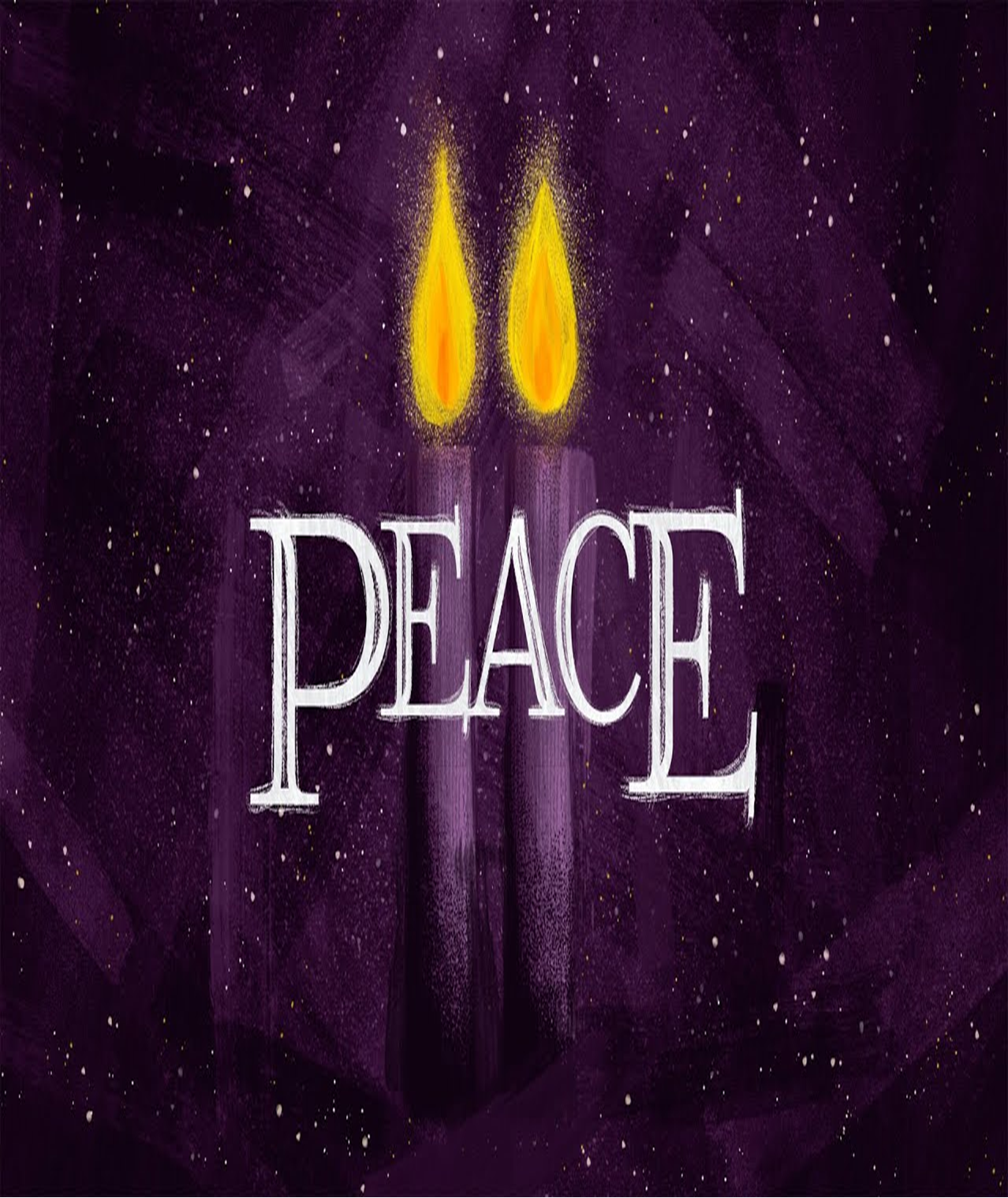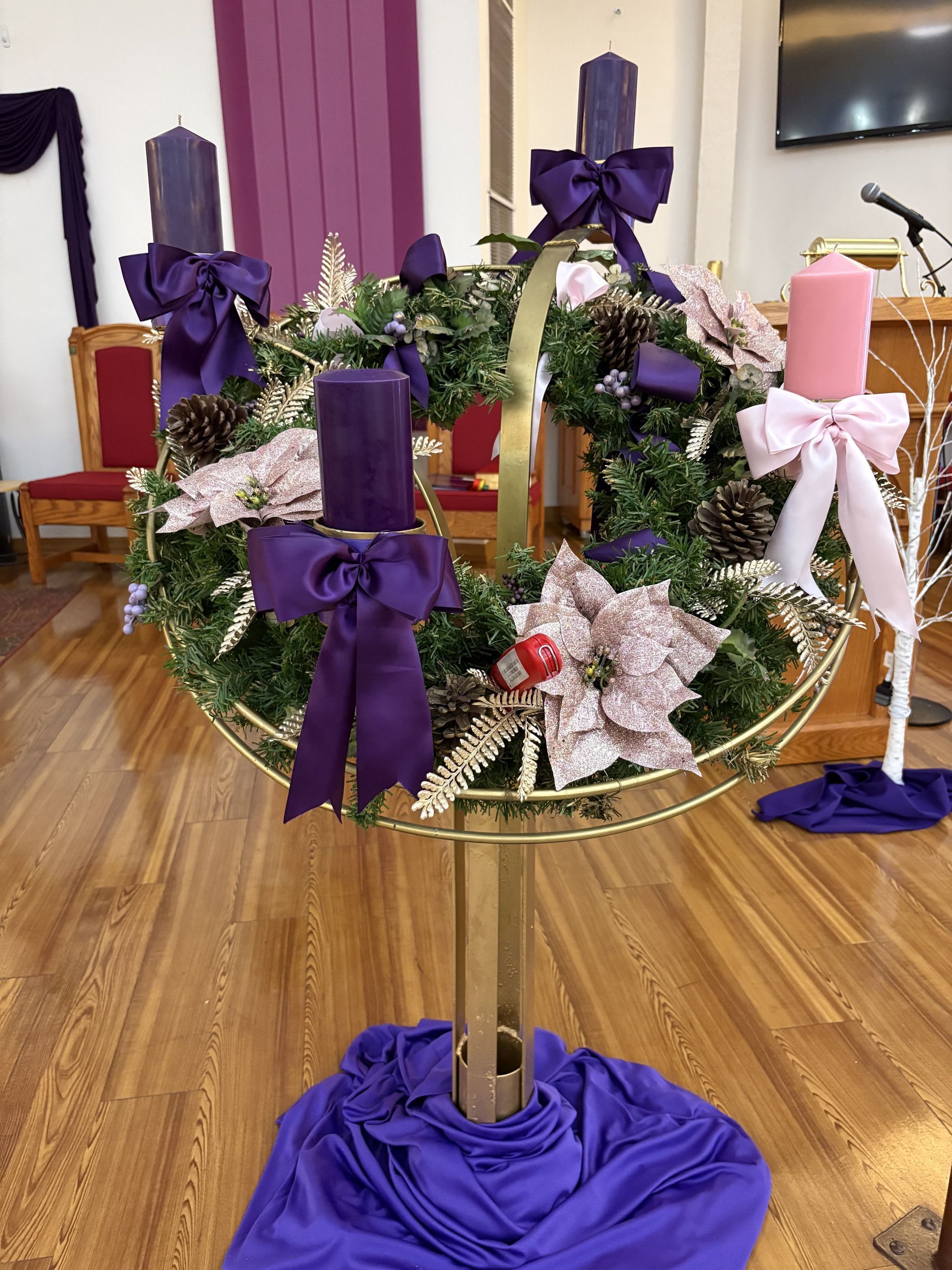Even as the temperatures reach three-digit level down here in Douglas, it is still planting season. We either get up early or wait until sundown to take care of our garden. Those of us not gifted with green thumb (myself included) always try hard until something miraculous appears. I'm glad that my sweet tomato has started to show up. I wonder in amazement. I can't take eyes off it. I had no clue how it sprung. I wish I did. And so, there is hope. Planting is about trust and patience. The parable of the mysterious growth of a plant/tree and the mustard seed presents marvelous opportunities to meditate on parish life, ministry and religious practices as a whole.
Let me begin by presenting a scenario that we often hear that if this person steps down and leaves the church, the community will fall apart. Ministries will break down and decline rapidly. The parish will be in trouble and will lose a lot of people, not to mention, plate collection. The hard truth is, none of us is indispensable and we are all replaceable. Our parish vision-mission statements and carefully laid- out projects and clearly- defined plans are but a drop in the bucket compared to the majesty of God. In our efforts to get things done the way they should, we carry the heavy load on our backs to the detriment of our personal time with God. We perform our jobs too seriously we cannot even afford to smile anymore and laugh hard at our mistakes. There is no perfect parish. Every parish community has its own issues and struggles. We face adversities and respond with great resilience. We succeed. We fail. We move on. Life goes on. Due to the culture of accountability, we believe we are the ones to be blamed which is, as it were, true. We claim that the rise and fall, the success and failure of our ministries solely depend on us (individuals and groups) and our God-given abilities determine the course, direction and future of the church. It is as though we make things happen and get things done by ourselves alone devoid of any outside force and influence. But no. Jesus tells us in the parable of the mysterious growth in the kingdom of God, that doesn’t work that way. He said, the kingdom of God is like a man who scatters seed on the ground, sleeps and wakes up night and day, the seed sown, sprouts and grows, he knows not how. In the process, something gives life to the plant. The kingdom of God is a divine work and initiative. God causes the growth. We do our best. We cooperate and participate in God's plan. We preach. We minister to everyone whom we are privileged to serve with special emphasis on the lost and lowly. If there’s growth, God is the producer. Lives are changed and transformed for the better. God made it happen, not us. Growth is beyond us. The kingdom of God is his work. All we do is perform the task and fulfill the responsibilities assigned to us. We live our vows and promises. We take care of our families and children. We send them to school. We stretch our budget for their future. We protect them from harm. We don’t let them join a bad company. If they do, we immediately get them out of a messy situation. We teach the beauty and splendor of life. We pass on the faith. We hand on the religious values not only by words but more importantly, by example. As St. Francis of Assisi once said, preach, if necessary, use words. Even in adulthood, we still find ourselves mentoring them as they make crucial decisions that will affect their future such as living the faith, practicing the beliefs or abandoning them. We have no control. All we do is build the foundation and leave the rest to God. God walks and journeys with us. He is there to guide us. Behind all our hard work, sacrifices, support systems, outreach ministries initiated to care for the needy for a just and fair society, God’s invisible power relentlessly brings growth. This is how the kingdom of God operates.
On the flip side, many of us who have been let down by negative experiences felt that our efforts are fruitless. As we contemplate our lives in the early hours of the day, we ask ourselves whether or not we could have done something more for our needy neighbor living in isolation at the height of the pandemic, during lockdown. As the covid crisis slowly wanes, if we are stressed-out and emotionally drained in the rough and tumble of parish life caused by so many losses, no worries, behind our dismal failures, something happens we know not how. The parable of the hidden mysterious growth of the seed then provides a huge encouragement for many of us who lost hope and energies deflated.
The second part of the Gospel presents the parable of the tiny, lowly, insignificant, seasonal plant that grows anywhere, short-lived, unassuming, ordinary mustard seed has surprisingly and exponentially grown into the largest tree, much more than the noble cedar in Ezekiel’s time. The parable of the seed sown on the ground and the mustard seed fulfills Ezekiel’s vision of the majestic cedar. God picks more often than not, the most unlikely individuals to work for him which shatter our expectations upside down. His choice is always meant to teach us a lesson about the mysterious, imperceptible in the eyes of many, unknown kingdom of God. Yes, the kingdom can easily be ignored. A thriving parish community represents the incredible story of smallest seed turning out to be greatest shrub that gives shelter and provides shade. In the same way, our local community must be a haven of the spiritually orphaned and a refuge of those alienated in faith, hope and love and ultimately, a safe place to welcome all walks of life and to accommodate all sides of the religious spectrum.
How do you see the mysterious hand of God in the ordinary events of your life? Amen.



